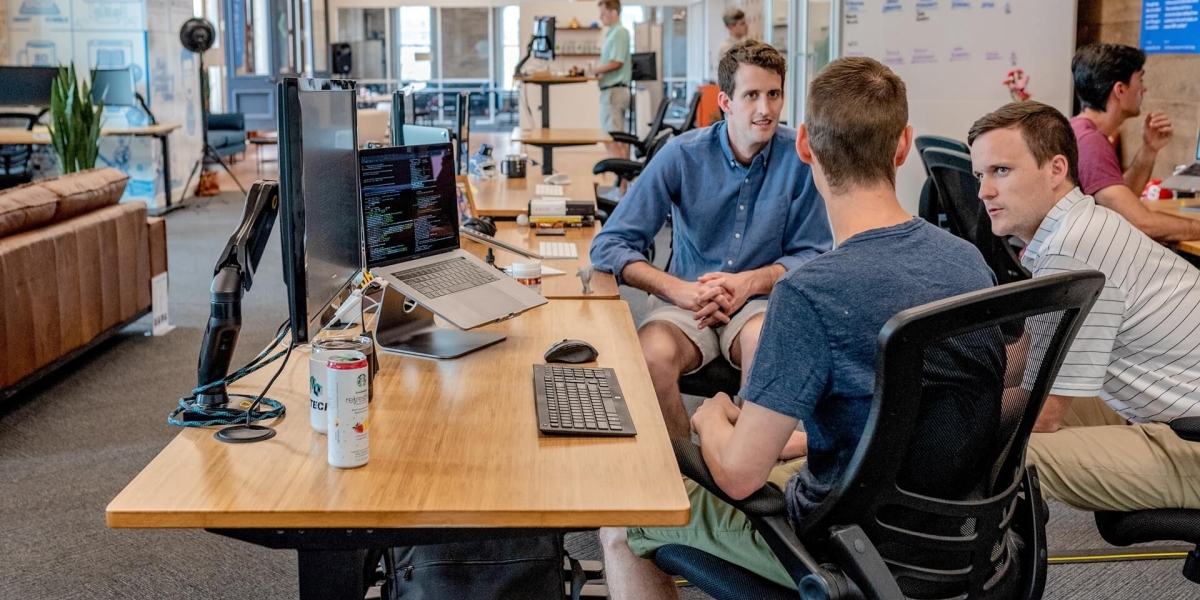Title: Navigating the Modern Economy: Key Trends Shaping Our Future
The global economy is a dynamic system that affects everything from job markets to technological advancements. As we move through 2024, several key trends are influencing how businesses and individuals interact with the economy. Understanding these shifts is critical for staying ahead in an ever-evolving marketplace. In this post, we'll delve into the most impactful economic trends and offer insights to help navigate these changes.
1. The Rise of the Digital Economy
The digital economy is no longer a niche sector; it’s now the backbone of modern industries. The proliferation of digital tools, from e-commerce platforms to blockchain technology, is revolutionizing business operations and creating new opportunities. Businesses are leveraging cloud computing, artificial intelligence, and automation to streamline processes and enhance productivity.
Key Statistics:
- According to the World Economic Forum, 60% of global GDP is expected to be digitized by 2025.
For individuals, this digital shift means an increasing demand for tech-related skills. The growing field of remote work has expanded opportunities globally, and companies now seek experts in fields like cybersecurity, data analysis, and cloud solutions.
2. Sustainability and Green Economy
As climate change becomes a pressing global issue, the push for sustainability is transforming the global economy. Companies and governments alike are investing heavily in renewable energy, sustainable agriculture, and green technologies. This has led to the creation of the green economy, where businesses are prioritizing environmentally friendly practices.
Key Insight:
The United Nations Environment Programme suggests that transitioning to a green economy could create over 85 million jobs globally by 2030.
For businesses, embracing sustainability not only helps the environment but also opens up new revenue streams. Consumers are increasingly demanding eco-friendly products, and companies that fail to adapt to these expectations risk losing market share.
3. The Gig Economy and Freelancing Boom
The gig economy has gained significant traction, with millions of people turning to freelance work and short-term contracts as a means of income. Platforms like Upwork, Fiverr, and TaskRabbit have revolutionized how people work, allowing them to take on projects that fit their skills and schedules.
Statistics to Note:
- The U.S. Bureau of Labor Statistics reports that 36% of the U.S. workforce was engaged in gig work in 2023, a number expected to increase as flexible working becomes the norm.
This shift benefits both workers and employers, as businesses can tap into a global talent pool, while workers enjoy the freedom to choose their projects and work schedules.
4. Inflation and Rising Costs
Inflation has been a persistent concern for economies worldwide. While some inflation is natural, the current global economic environment has led to price increases in everything from groceries to housing. Understanding inflation trends is vital for making informed financial decisions.
Helpful Insight:
- A recent report from CNBC shows that inflation rates in 2024 are expected to stabilize but remain higher than pre-pandemic levels.
For individuals, inflation means more careful budgeting and investing in assets that can outpace inflation, like stocks or real estate. Businesses, on the other hand, need to adapt to rising costs by streamlining operations and finding efficiencies.
5. Global Supply Chain Shifts
The COVID-19 pandemic exposed vulnerabilities in global supply chains, prompting many businesses to rethink their sourcing and manufacturing strategies. Nearshoring and reshoring are becoming increasingly popular as companies move production closer to home or diversify their supplier base.
Statistical Trend:
- According to McKinsey & Company, 74% of CEOs now consider supply chain resilience a top priority.
These changes are reshaping international trade and creating opportunities for businesses to optimize their supply chains for more reliable and efficient operations.
Conclusion: Preparing for the Future Economy
Navigating the modern economy requires a keen understanding of these key trends: digital transformation, sustainability, the gig economy, inflation, and supply chain shifts. By staying informed and agile, businesses and individuals can thrive in an economy that is constantly evolving.
For more information on how to adapt to these economic shifts, check out the World Economic Forum and U.S. Bureau of Labor Statistics.




